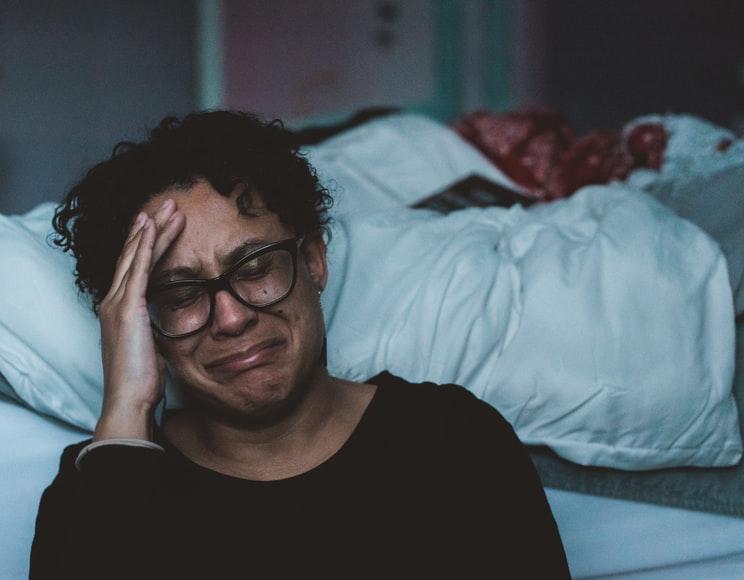According to a recent CNN report, young adults who experience any type of discrimination risk dealing with more mental health problems than those who don’t.
This is according to a new study that was recently published in the journal Pediatrics.
It’s long been known that discrimination—especially discrimination based on race—is associated with many negative health effects.
It leads to higher levels of stress, poorer cognitive function, depression, anxiety, and even substance abuse.
But now, new light is being shed on how any type of discrimination can have serious negative implications for an individual’s mental health as well—to an even greater degree than was recognized before.
And your odds of suffering from negative mental health effects increase when you live a life wherein you’re discriminated against.
According to the study, those who faced discrimination on a frequent basis, at least a few times per month, were about 25% more likely to be diagnosed with a mental disorder as those who didn’t face discrimination.
You’re also twice as likely to develop severe psychological distress if you’re discriminated against.
In fact, dealing with any degree of discrimination whatsoever was linked to a 26% higher risk for overall poorer health outcomes.
What Does This Mean?
We all know that discrimination hurts people.
When you discriminate against someone based on factors like race, gender, sexual preference, age, etc. you set yourself up for a situation where you’re putting someone else down and basically saying, “Hey, I’m better than you. You’re not as valuable as me, due to this arbitrary identifier that you have no control over.”
And it doesn’t take a rocket scientist to see how this kind of behavior can be hurtful.
Ending Discrimination Is Important
As humans, we have a responsibility to make our communities better.
We have a responsibility to strengthen the bonds of friendship with those we work with, interact with, live with, spend time with, etc.
This responsibility extends not just to our families, but also to people in our inner and outer social circles.
Simply put: discrimination can only end if a light is shown on the problem, and if people change their behavior.
Unfortunately, this has always been an issue for humans.
No matter what social circles you tend to spend time in, there’ll always be groups who are, by default, simply more advantaged than other groups. To some degree, there’s no way to stop this.
But there’s a big difference between having a disadvantage and being discriminated against for something that’s either a personal wellness choice, or beyond your control entirely.
As humans, it’s in our best interest to be kind to one another.
Achieving optimal health and wellness is also a multifaceted issue.
We want to sleep well, eat right, and exercise often.
But our social lives also play a part in this.
And cutting back on discrimination—or even better, finding a way to end it within our social circles altogether—helps everyone.
It makes everyone happier.
It reduces the odds for negative mental health outcomes, and it could even go as far as saving lives.
When faced with the two different possibilities:
- A world with discrimination, or
- A world without it
…which would you choose?
Hopefully, we would all choose a world without discrimination.
And we can all do our part to be aware of how we might discriminate against other people to help make the world a better place and to stop behaviors that make other people feel less healthy and well.
